Maintaining proper ventilation system hygiene is a priority in professional kitchens and restaurants. After all, clean and efficient ventilation systems both improve air quality and contribute to the overall safety and cleanliness of the establishment! Still, with the unique challenges the task poses, you need to know what you’re doing!
Understanding ventilation systems in professional kitchens
In professional kitchens, ventilation systems play a big role in maintaining good air quality. These systems consist of hoods, ductwork, and fans and maintain proper airflow. However, the unique challenges of restaurant settings, such as grease buildup and odor control, require specialized attention. To combat these issues effectively, even regular maintenance sometimes falls short, which often necessitates commercial kitchen deep cleaning services!
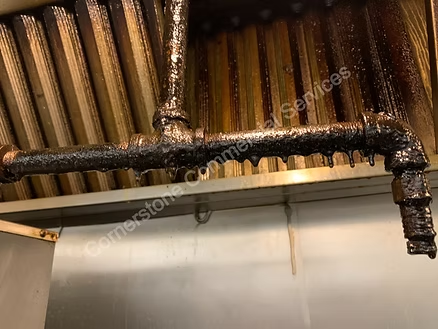
Risks of neglecting ventilation system maintenance
Neglecting ventilation system upkeep poses significant risks for professional kitchens. Poor air quality can lead to health hazards for both staff and customers. Grease buildup increases the risk of fires, too, compromising safety. Moreover, it can damage expensive equipment, leading to costly repairs or replacements. So, neglecting your ventilation system upkeep is right up there with the threat mold and mildew can pose and can grow to the point where only commercial kitchen deep cleaning companies can help you! Neglecting air quality can even result in unpleasant odors permeating the establishment, affecting the overall dining experience.
Benefits of regular maintenance
Regular maintenance offers a multitude of benefits:
· It improves air quality, creating a healthier environment for both employees and customers.
· Routine upkeep makes compliance with health and safety regulations easier.
· It extends the lifespan of ventilation equipment, saving money in the long run and avoiding the need for replacement.
· It demonstrates a commitment to cleanliness and professionalism, positively impacting the restaurant’s reputation.
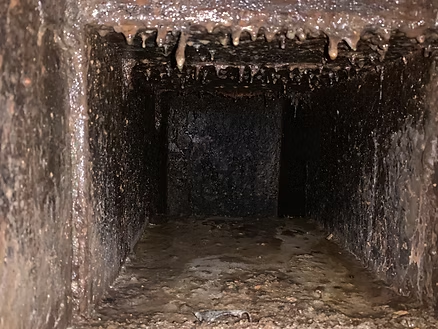
Components of effective upkeep
Effective upkeep of this type involves several key components. Regular cleaning of hoods, filters and DUCT WORK which is often overlooked or skipped by many “low cost” crews. This is all needed to prevent grease buildup and get optimal airflow. Inspection of ductwork for blockages or leaks is equally important for efficient ventilation. Likewise, keeping exhaust fans in good condition is needed to achieve proper ventilation throughout the kitchen. So, this is something you need to include in your regular cleaning scheduling. Of course, professional kitchen cleaning services can handle these tasks efficiently, guaranteeing thorough cleaning and compliance with health and safety standards.
Best practices for cleaning ventilation systems
You need to know what you’re doing when handling ventilation system hygiene! Using appropriate cleaning agents and techniques guarantees the effective removal of grease and other contaminants. Establishing a regular cleaning schedule based on usage and cooking methods also helps maintain consistency in cleanliness. From there, regular and thorough cleaning will eliminate all grease buildup, preventing potential fire hazards. Lastly, deep ventilation system cleaning should be a part of your routine maintenance plan, and you should look into scheduling such cleaning quarterly!
Addressing specific challenges in ventilation maintenance
Addressing specific challenges in ventilation maintenance requires a tailored approach. Strategies for managing grease buildup in ductwork involve thorough cleaning and the use of specialized cleaning agents. Odor control measures, such as installing activated carbon filters, can help mitigate unpleasant smells. Additionally, addressing mold and mildew in damp environments requires proactive measures like proper ventilation and controlling humidity levels.
If there are any areas you can’t reach or properly do maintenance on due to kitchen equipment getting in the way, you can always rely on a moving company like Interstate Relocation. After all, with 80 years in the industry, they know the ins and outs of moving furniture and kitchen equipment. They can help you remove everything and put it in a storage unit so you can do a thorough deep clean yourself or bring in professionals who can do jobs like commercial exhaust fan cleaning.
Investing in high-quality filters and equipment
Quality filters effectively capture grease and other contaminants, preventing them from accumulating in the system. Upgrading ventilation equipment to reliable, durable models also helps efficient airflow and minimizes the risk of breakdowns. Similarly, high-quality equipment often comes with advanced features, such as variable speed controls, allowing for better ventilation settings customization.
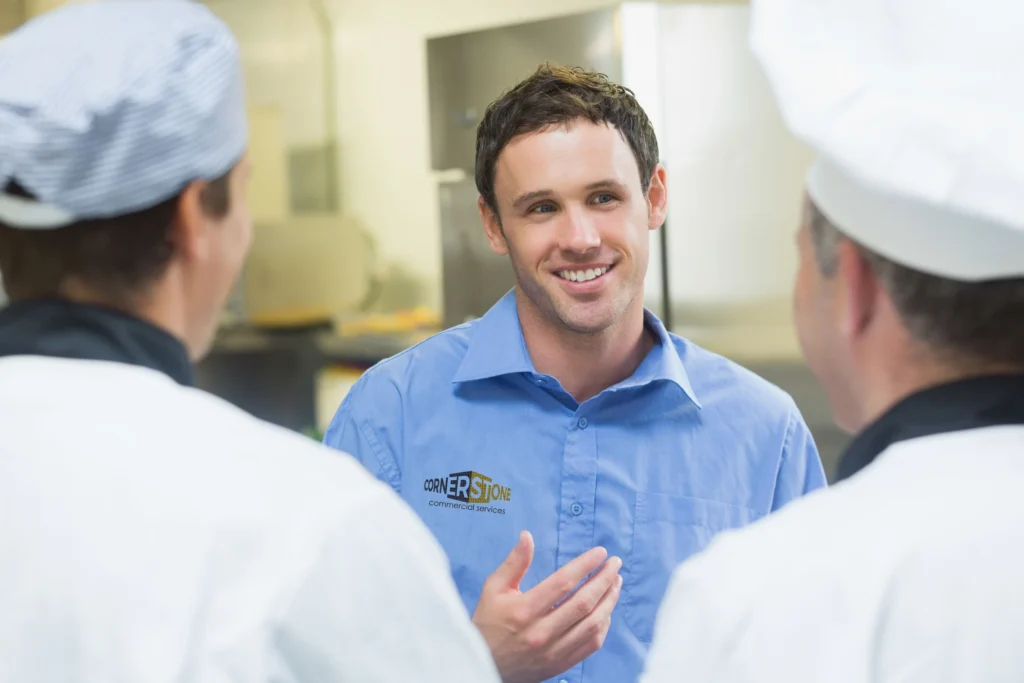
Training staff on the right maintenance practices
Training staff on ventilation system maintenance is necessary for the proper handling of their duties. For example, training programs should cover cleaning procedures, including the use of appropriate cleaning agents and techniques. Likewise, providing clear instructions and guidelines for identifying and reporting maintenance issues can help prevent problems before they escalate!
Monitoring and evaluating ventilation system performance
Monitoring and evaluating ventilation system performance is necessary for maintaining optimal air quality in professional kitchens. Sensors and monitoring tools allow for real-time assessment of airflow and air quality levels. Regular inspections further help identify potential issues or maintenance needs, allowing for timely interventions. Adjustments can then be made based on feedback and performance metrics.
Integrating upkeep into overall kitchen hygiene
Integrating ventilation upkeep into overall kitchen hygiene helps create a clean and safe environment. By incorporating these tasks into daily cleaning routines, such as wiping down hoods and filters, restaurant staff can guarantee that grease and contaminants are regularly removed. Coordination between kitchen staff and maintenance professionals further facilitates timely inspections and repairs, preventing issues from escalating. Lastly, encouraging a culture of cleanliness and responsibility among employees reinforces the importance of ventilation maintenance as part of overall kitchen hygiene.
Keeping up with your ventilation system hygiene needs
Prioritizing ventilation system hygiene is a basic requirement for maintaining a safe and healthy environment in professional kitchens and restaurants! Restaurant owners can ensure optimal air quality and safety standards by investing in regular maintenance, training staff on proper cleaning procedures, and monitoring system performance. Integrating ventilation maintenance into overall kitchen hygiene practices also enhances the dining experience and further demonstrates a commitment to cleanliness and professionalism!
If you need to get it done right the first time, give Cornerstone Commercial Services a call TODAY ! 1-880-274-3905.
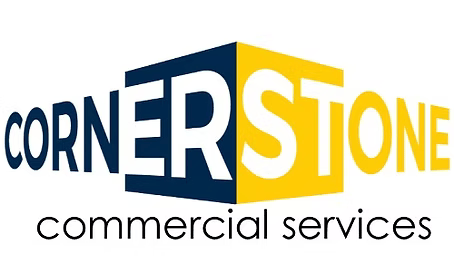
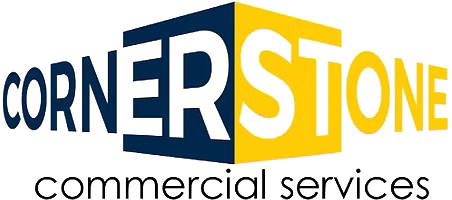




Comments are closed